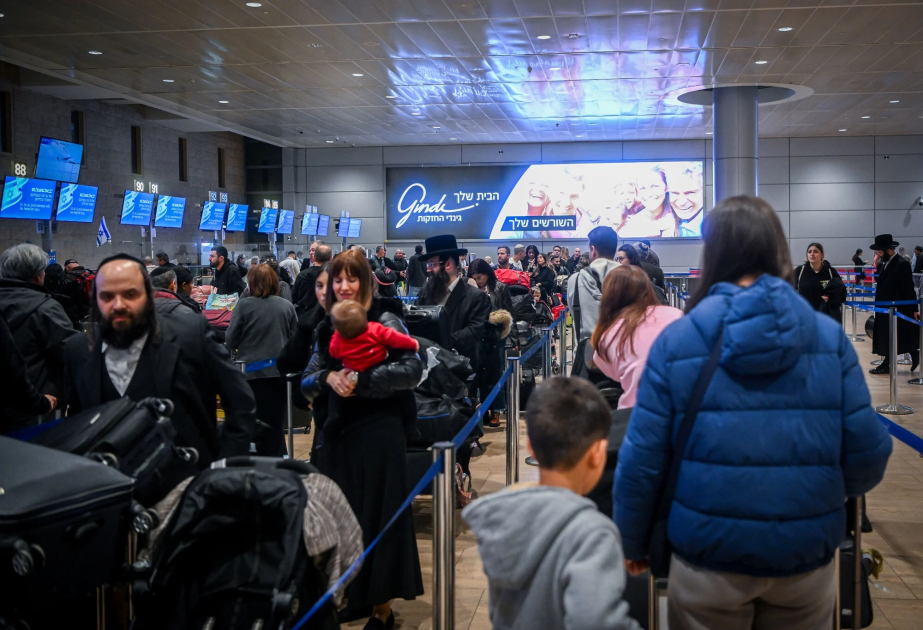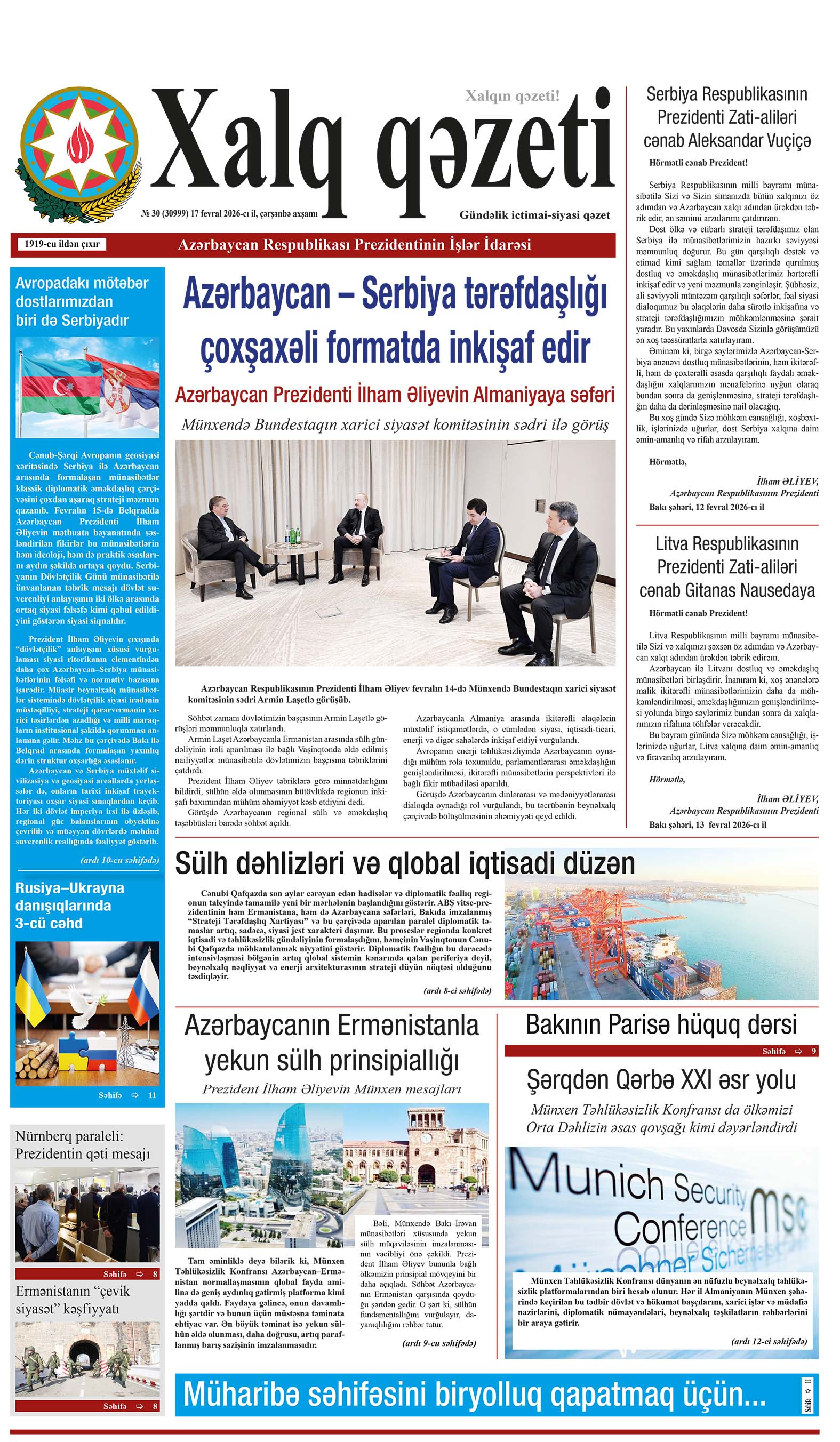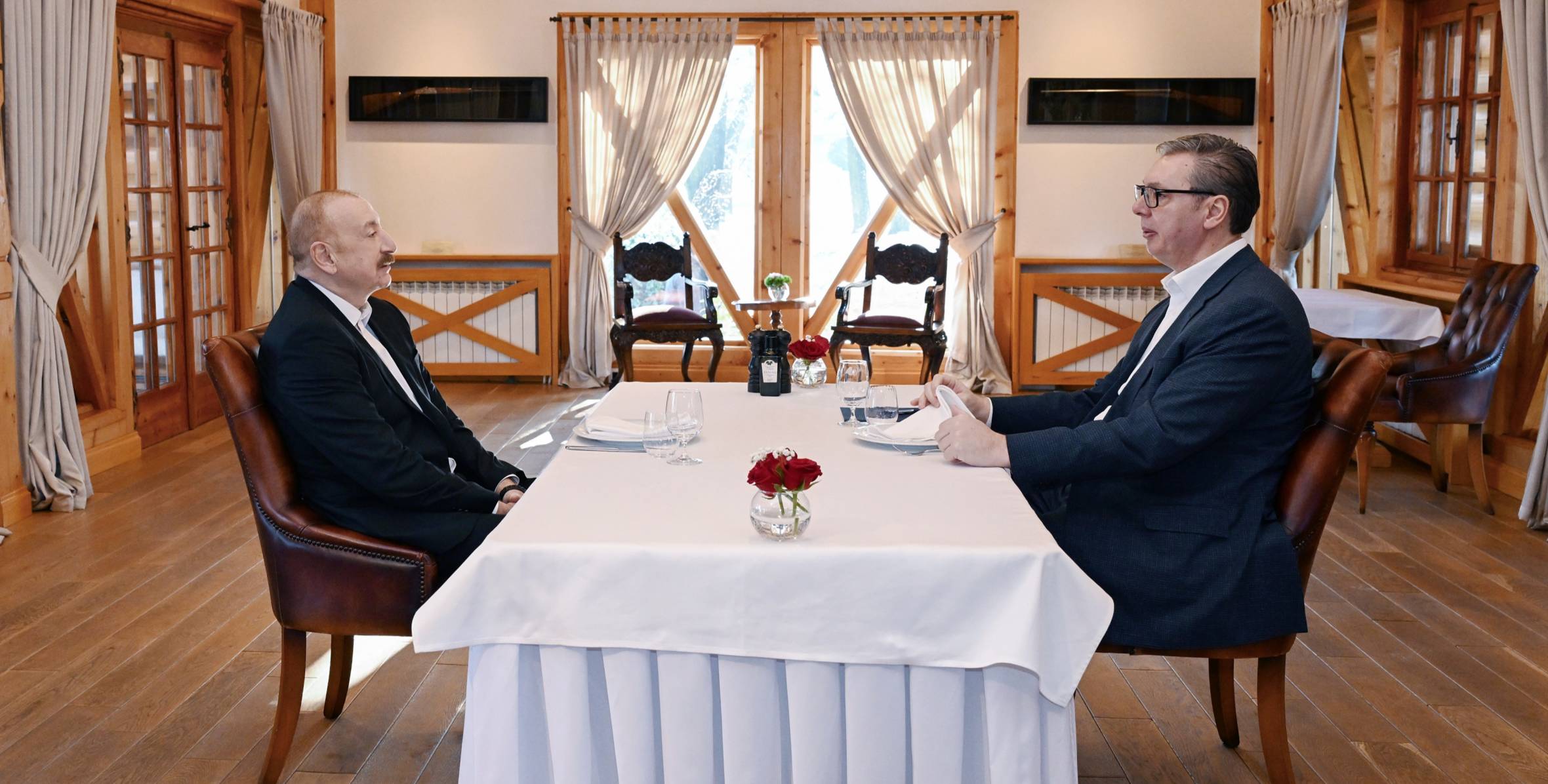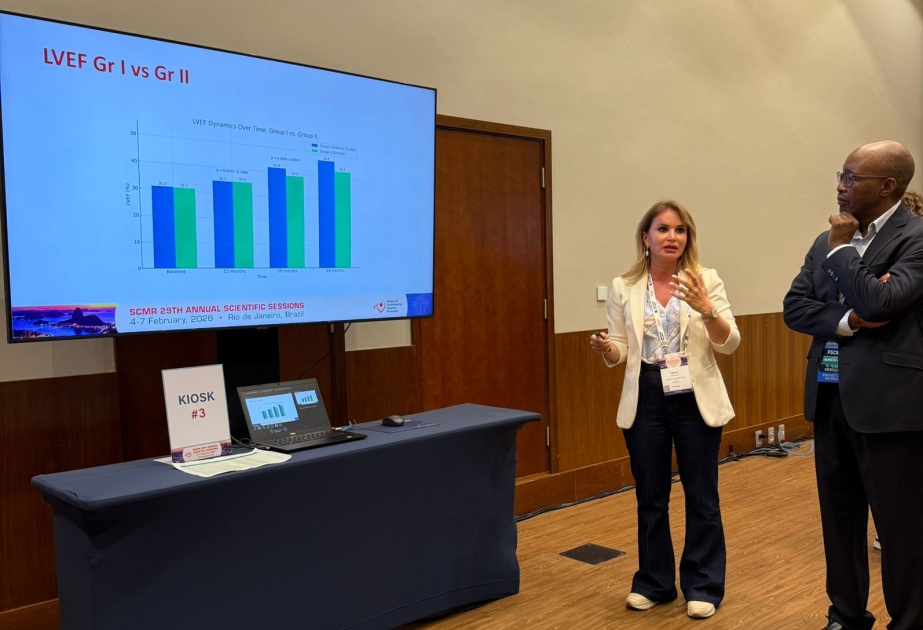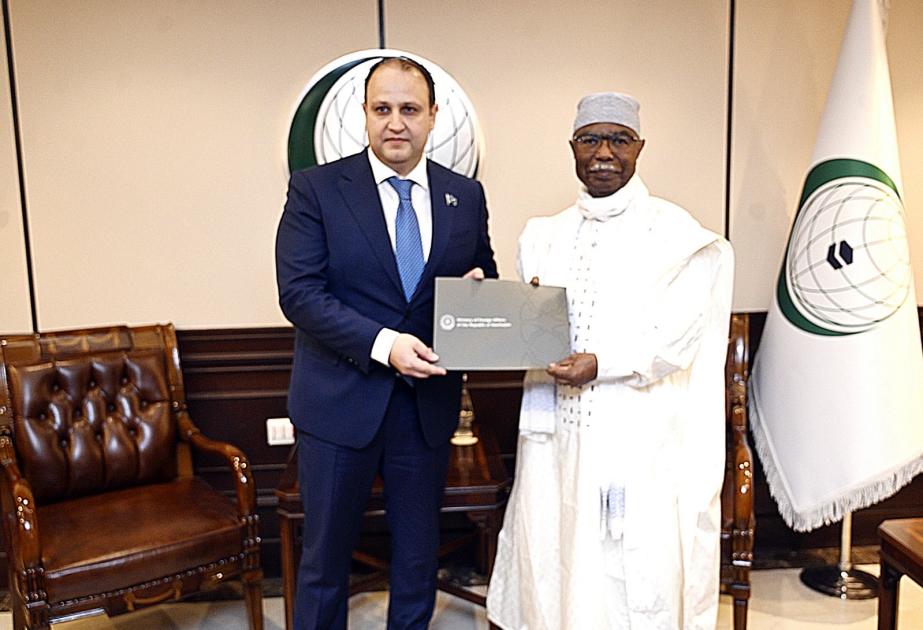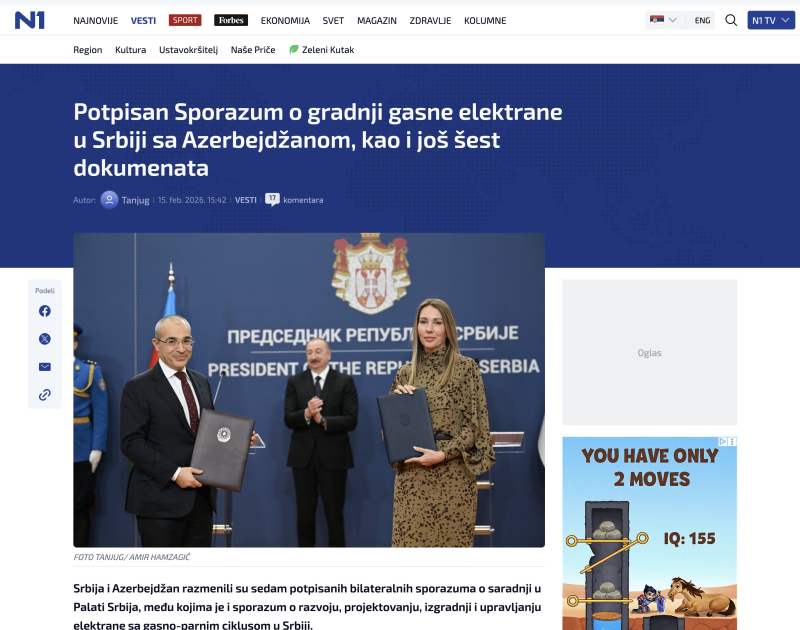The presidential candidate for the National Coalition and former Prime Minister Alexander Stubb will face the independent Green candidate, former Foreign Minister Pekka Haavisto, in the second round of Finland's presidential election on Feb. 11, Xinhua reports.
According to the preliminary calculation of all the votes published by the Ministry of Justice on Sunday night, Stubb received 27.2 percent support, followed by Haavisto with 25.8 percent. Jussi Halla-aho, candidate of the Finns Party and speaker of the Parliament of Finland, garnered 19 percent support.
Since no candidate received more than half of the votes on Sunday, a second round of voting will be between the two candidates who received the most votes in the first round, namely Stubb and Haavisto.
The voter turnout for the first round on Sunday reached 74.9 percent, compared to 69.9 percent in the 2018 presidential election. A presidential election is held in Finland every six years.
Both Stubb and Haavisto refrained from giving policy statements on Sunday night regarding the final campaigns.
Speaking about campaigning with Haavisto in the second round, Stubb said there will be a civilized discussion about challenging foreign and security policy issues regardless of the opponent.
Describing the first round voting as a very good result, Haavisto acknowledged some disagreements with Stubb but declined to specify. He stressed that they share similar views on major security policy issues.
As supporters of seven other presidential candidates must now choose between Stubb and Haavisto, pre-first-round polls indicated that Stubb would likely win with 59 percent against Haavisto's 41 percent in the second round.
Some analysts noted that a major strike wave against the austerity measures of the current Finnish government, scheduled for this Thursday and Friday, may also influence the outcome.
While domestic politics and labor relations fall outside the scope of presidential powers in Finland, these issues entered the race against the backdrop of the unanimity on security and foreign policy.
Advance balloting for the second round begins on Wednesday, January 31, and ends on February 6.










